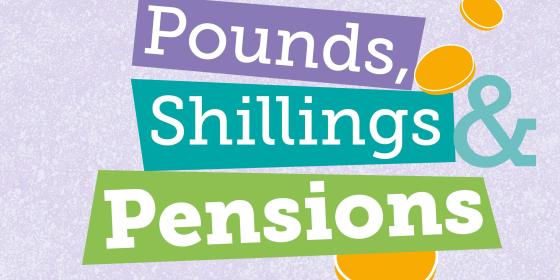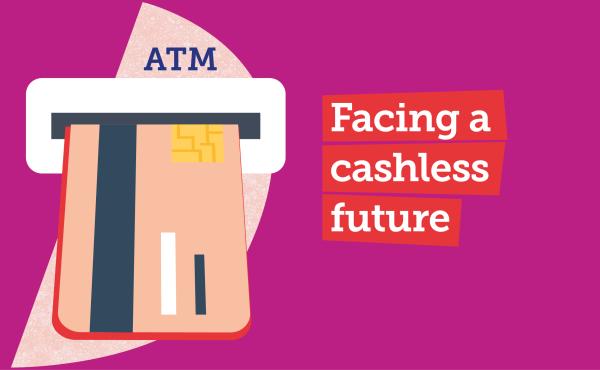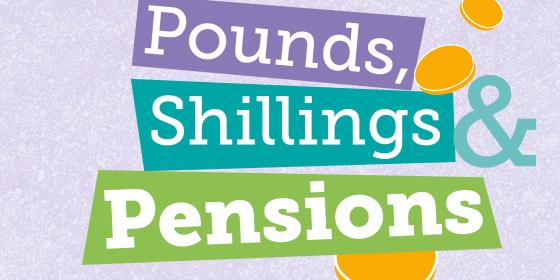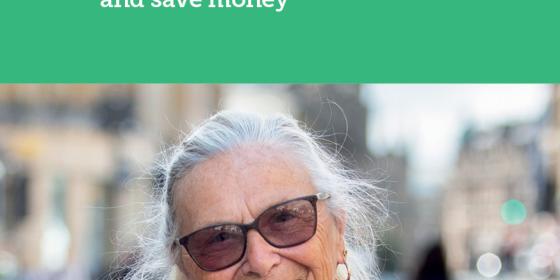 Bank closures and the need for future-proofing
Bank closures and the need for future-proofing
Every month there’s something in the news about bank closures, disappearing free ATMs and the general death of cash in the UK. I have regularly been asked to talk about these issues on radio and TV, particularly local radio where there’s a palpable sense of alarm among presenters and listeners. Those in rural areas are especially feeling the squeeze.
The end of cash as we know it?
And it’s clear that cash is under threat. Back in 2017 it was overtaken as a means of payment by debit cards (particularly contactless) and, according to Which?, in the first three months of this year alone, 1,700 ATMs started charging users to take out bank notes.
In cities, particularly London and Manchester, some cafes and bars will now only take card payments, citing cost and security for the reasons they are eschewing notes and coins. Even the Church of England has installed card readers in at least 16,000 of its places of worship as so many of their parishioners come in without cash for the collection.
All these developments are a worry to many older people who trust cash and who haven’t yet made the leap into the digital or online world.
The UK Treasury has estimated that 2.2 million people in the UK are reliant on cash, particularly the elderly, vulnerable, and those living in rural areas.
The Access to Cash report in March produced by a former Financial Ombudsman, found that if it’s left to market forces, cash will die out completely as early as 2026. The report called on the Government and Regulator to make sure that cash could continue to be accessed by those who want or need to.
Cash still has its role to play
But the picture isn’t as black and white as it seems. For a start, cash has had a few stay of executions in the UK in recent months. Back in May, for example, the UK Treasury announced they would continue to produce 1p and 2p coins, saying they would stay in circulation "for years to come”. And he also announced that he wanted people to ‘have a choice’ when it came to payments and even set up a group to oversee the cash system to make sure that everyone could get hold of their money in cash if they needed to.
There are also calls from younger people to hold on to your coins, as the security and privacy of digital payments are increasingly questioned. There’s a growing ‘tech lash’ in the West, as more and more people become aware of privacy and security issues around digital transactions, particularly the fact that authorities and large internet corporations can track every move and purchase we make when we use a card or phone to buy things.
The anonymity of cash is beginning to look more attractive even to millennials who have grown up with digital money.
In Sweden, which is becoming cashless faster than any other country, warning voices are already asking what will happen if the internet or mobile services go down (as they did last year in the UK for a whole day) and none of the payment systems work. In fact the Swedish government has urged its citizens to stockpile cash in case of power cuts, a cyber-attack or war.
Busting the stereotypes
It’s also not true that all older people are scared of operating online. In fact, according to a recent Office of National Statistics (ONS) report, silver surfers are gaining ground on their Millennial and Gen Z (those born mid-1990s to mid-2000s) counterparts. More than two thirds of retirees regularly use the internet now – up from less than half in 2011 - and internet use among those aged 75 and over has more than doubled since 2011. Having said that though, of the four million adults who had never used the internet in 2019, more than half were aged 75 years and over.
And there are advantages for older people to take the plunge and explore the saving and investing options available online only. Figures from investment platform Hargreaves Lansdown show that moving your savings online could make you on average about £1,375 better off over five years. So it’s worth considering taking a course at your local library – or even your bank if they offer it – on how to make the most of the good side of the internet (there is one!) and pull in more money each month.
No one has to give up cash – at least at the moment – but, as many over-60s are finding, it’s worth mixing it up a little with some of the impressively lucrative offerings online for those with some money to put away.
Jasmine Birtles is a financial expert and founder of MoneyMagpie
Have you been affected by any of these issues? If you have been affected by any of the issues described in this blog, or simply need someone to reach out to, you can call Independent Age’s freephone Helpline for information and advice on 0800 319 6789. The views and opinions expressed in this article are those of the author and do not necessarily reflect the policy or position of Independent Age. |

 Fears for the future
Fears for the future
